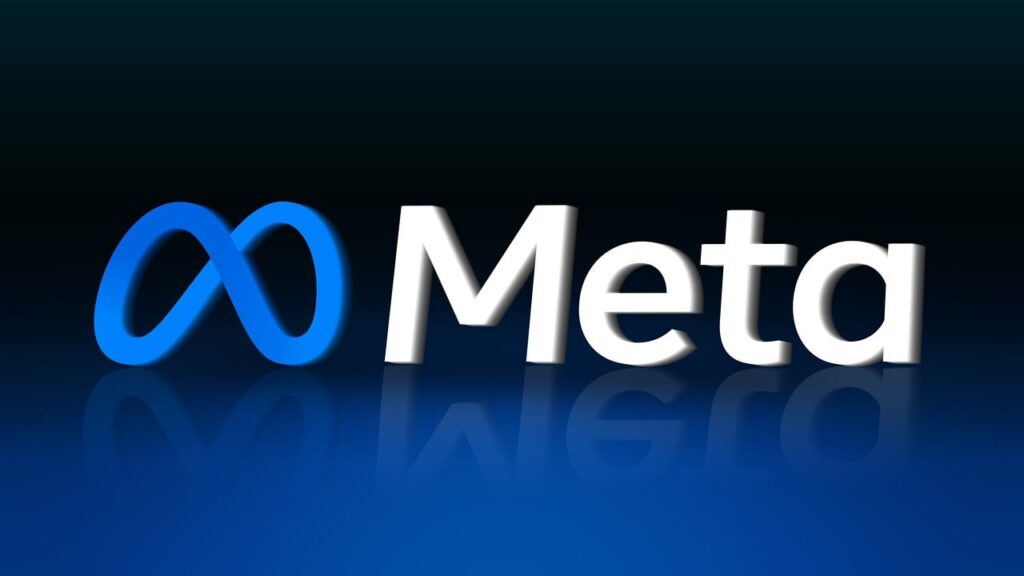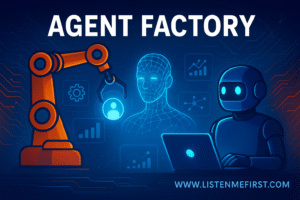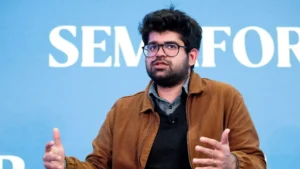Meta reportedly offered a $1 billion compensation package to former OpenAI CTO Mira Murati and her team at Thinking Machines Lab to join its Superintelligence Lab.
The offer was declined, highlighting how mission, independence, and culture are driving top AI talent decisions over even the most lucrative financial deals.
In a bold yet unsuccessful move, Meta (formerly Facebook) reportedly offered a staggering compensation package of up to $1 billion to attract top artificial intelligence talent from Thinking Machines Lab, the AI startup founded by former OpenAI CTO Mira Murati. Despite the unprecedented offer—crafted personally by Meta CEO Mark Zuckerberg—Murati and her team unanimously declined, choosing instead to continue developing their vision independently.
The offer was part of Meta’s broader strategy to build out its new “Superintelligence Lab,” a division aimed at advancing frontier AI capabilities and catching up with rivals like OpenAI, Google DeepMind, and Anthropic. According to reports, Meta’s offers included annual compensation exceeding 0 million per researcher, with multi-year deals totaling up to 0 million for key individuals. For Mira Murati, Meta’s pitch may have reached an extraordinary $1 billion, factoring in equity, bonuses, and leadership roles.
Despite the money on the table, not a single team member from Thinking Machines Lab accepted Meta’s overture. Insiders suggest that Murati and her colleagues were more motivated by their startup’s long-term mission and independence than by short-term financial gain. Thinking Machines Lab, which has already secured significant funding and is valued in the billions, appears to be focused on building safe, open-source superintelligent AI—a vision that may not align with Meta’s commercial objectives.
The failed recruitment attempt has become symbolic of the ongoing AI talent war, where companies are competing not just with technology, but also with massive salaries and signing bonuses to lure top researchers. Yet, as this incident shows, financial might alone isn’t enough to attract vision-driven innovators.
Industry Response: Loyalty and Culture Over Cash
The news has sparked wide industry commentary. OpenAI CEO Sam Altman confirmed that Meta tried to poach several of their senior researchers with deals worth over $100 million, but none accepted. He described the situation as “crazy” and expressed confidence in OpenAI’s culture and purpose to retain talent.
Anthropic CEO Dario Amodei also commented on the matter, warning that such extravagant pay packages could harm internal culture and equity. He emphasized that his company maintains strict compensation bands to avoid morale issues and ensure a mission-first environment.
Meanwhile, Google DeepMind CEO Demis Hassabis offered a more neutral perspective, stating that Meta’s aggressive poaching attempts were “understandable” given their current lag in cutting-edge AI development. However, he echoed that elite researchers often prioritize purpose and creative freedom over sheer compensation.
Meta’s strategy to hire away leadership from its competitors may also reflect internal pressure. While Meta has made strides in AI with models like LLaMA and its open-source initiatives, it still trails in global influence and innovation compared to players like OpenAI and Anthropic. The rejection by Mira Murati and her team, especially after a billion-dollar proposal, signals a clear message: world-class AI talent values autonomy, alignment, and long-term impact over big paychecks.
Final Thoughts
Meta’s massive offer was not just a recruitment attempt—it was a high-stakes play to reposition itself as a leader in the AI arms race. However, the refusal by Mira Murati and the Thinking Machines Lab team shows that culture, values, and vision are increasingly becoming the deciding factors in where top talent chooses to work. As the global AI race accelerates, companies may need to rethink their approach—not just who they want to hire, but how they build environments that innovators want to stay in.








Its really good to know how loyal the employees are for the company